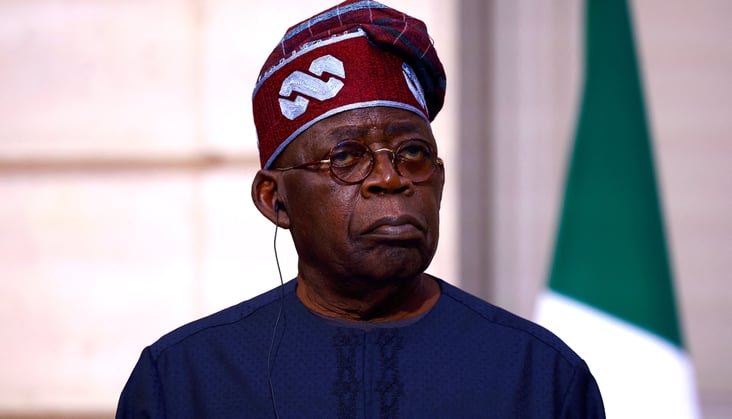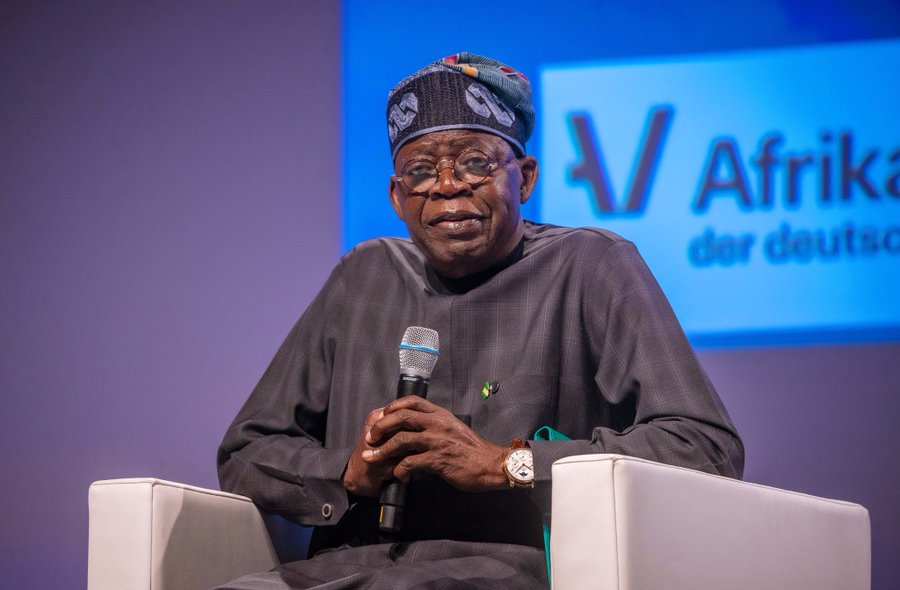President Bola Tinubu has reaffirmed his administration’s firm commitment to combating corruption, vowing to recover stolen assets and ensure no refuge for corrupt individuals.
Speaking at a one-day Asset Recovery Summit held in Abuja yesterday, Tinubu decried the deep-rooted impact of corruption across key sectors such as healthcare, education, and infrastructure.
He noted that the consequences of diverted public resources remain starkly visible across the country.
READ ALSO: Children’s Day: Tinubu takes firm stand against violence targeting children
Highlighting the damaging effects of corruption—including weakened institutions, a loss of public trust, and the denial of basic services to vulnerable citizens—Tinubu promised that his government would pursue offenders without fear or favour.
“My government is resolute in its efforts to reclaim misappropriated funds. Every kobo recovered will be returned to serve the Nigerian people,” he declared.
“We are committed to bolstering anti-corruption frameworks, ensuring transparency, and enforcing accountability, regardless of whose interests may be affected.”
The president praised the organisers of the summit, describing its theme, “Synergising Towards Effective Assets Recovery and Management”—as timely and essential to Nigeria’s drive for improved governance and sustainable development.
According to Tinubu, asset recovery not only restores public wealth but also reinforces the principles of justice and restitution.
“It’s about rebuilding trust and ensuring that public funds are used for the collective benefit,” he said.
“The message is clear: there will be no sanctuary for corruption in Nigeria.”

He further explained that his administration has taken deliberate measures to promote transparency in the deployment of recovered assets, particularly by allocating them to critical infrastructure projects.
Among the projects cited were the Lagos-Ibadan Expressway, the Second Niger Bridge, and the Abuja-Kano Road, along with rural electrification schemes.
“These initiatives reflect our determination to deliver on democratic dividends through transparency and service delivery,” Tinubu stated.
He also stressed that Nigeria remains committed to international standards, especially the Global Forum on Asset Recovery (GFAR) Principles.
The country has continued to engage civil society organisations in overseeing how recovered funds are used, he added, pointing to periodic audits and public disclosures as vital tools for institutional accountability.
Also speaking at the summit, Attorney-General of the Federation and Minister of Justice, Lateef Fagbemi, highlighted recent milestones achieved in asset recovery.
Fagbemi said agencies including the Federal Ministry of Justice (via its Asset Recovery and Management Unit), EFCC, ICPC, NDLEA, NFIU, and the Nigeria Police had made significant contributions towards reclaiming illicit wealth.
He disclosed that the EFCC alone, in 2024, had recovered over ₦248 billion, $105 million, and seized 753 duplexes.
The ICPC reportedly reclaimed ₦29.7 billion and $966,900 in assets, while the NDLEA intensified asset seizures linked to narcotics trafficking, ensuring such funds were not redirected to fuel more criminal activity.
In terms of international recoveries, Fagbemi noted that the Federal Ministry of Justice had, between 2017 and 2024, facilitated agreements leading to the return of over $763 million and £6.47 million.
READ ALSO: Tinubu appoints new governing councils for UNIABUJA, UNN, NAU
He added that $102.88 million and £2.06 million had been recovered so far in 2024, citing specific cases including Galactica Assets ($52.88 million), the Glencore fine ($50 million), and Useni/Miner (£2.06 million). He mentioned ongoing discussions to recover other offshore assets.
Between 2017 and 2024, he said, a total of $659.9 million and £6.47 million in repatriated funds were channelled into conditional cash transfer programmes and key infrastructure projects under the Presidential Infrastructure Development Fund (PIDF), including the Lagos-Ibadan Expressway, Second Niger Bridge, and Abuja-Kano Road.



